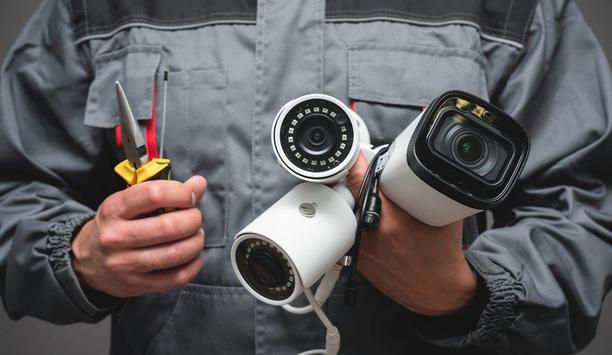Mercury Security has identified key trends that will significantly influence the access control market and drive the next generation of security systems in the coming years. The company’s forecast is based on its unique insights as a market leader in access control technology, with over three million panels sold and the largest installed base and greatest accumulated run time of any provider in the world. Mercury points towards the broader adoption of open architecture; a deeper focus on cyber security; and integration of cloud and Internet of Things (IoT) technologies as key elements that will drive the access control systems of the future.
Paradigm shift in security
“Access control is becoming more dynamic than ever as new technologies and sophisticated cyber threats compel the industry towards a more forward-looking approach to security,” said Matt Barnette, President of Mercury Security. “As the importance for access control and security systems continues to expand within organisations, expectations for open architecture and interoperability, adherence to cyber security best practices, and the ability to function within cloud and IoT environments is driving the future requirements for access control. All of these factors have created the perfect climate for a major paradigm shift in the security industry.”
Key physical access control trends
The company’s outlook highlights top trends that are shaping how organisations deploy and leverage the benefits of physical access control systems:
Demand for interconnected systems
With mobile and more connected environments becoming the norm, access control systems initially aimed at simply securing buildings and doors will now serve as the backbone for overall building security and management. Products and solutions that adopt and drive open standards for interoperability, such as PSIA, OSDP and BACnet, will be the first step to ensuring flexibility in future systems. This model will provide extreme scalability and increased ROI, while delivering better integration capabilities. Customers seeking to integrate new access control technologies, plus intrusion, elevator control, building automation, IoT and third-party applications into a common platform will be able to manage these systems more efficiently via a single infrastructure.
Mercury anticipates the continued |
Cyber threats demand holistic security
Cyber threats will become more pervasive and targeted towards access control systems, which will require a more holistic approach–including hardware, software and end-user due diligence in identifying threats–to establish the strongest line of defence. Equally important will be solutions featuring bi-directional and secure communications, from connected peripheral devices through to host software applications; this will be enabled by incorporating industry standards such as OSDP and the latest encryption methods between devices. Manufacturers employing secure lifecycle design methods and routinely assessing the cyber security posture of their products will be essential as systems become more connected, integrated and available through the cloud.
Cloud and IoT simplify PACS deployment and management
The integration of cloud and IoT technologies with traditional access control systems will drive new, powerful tools that simplify and accelerate the deployment and management of PACS. Cloud-based monitoring services that emerge from combining PACS with smart building applications will deliver robust analytics that proactively pinpoint and troubleshoot potential system failures. They will also monitor secure connections between peripherals and trigger firmware updates to address potential cyber threats. IoT functionality embedded into PACS panels will enable connections to the cloud-based services to simplify activation of these capabilities.
Organisations will begin to see the pay-off of using cyber-secure, interoperable solutions that leverage the cloud and IoT as customers embrace open hardware as the foundation for their PACS. Paving the way for the future of access control, Mercury anticipates the continued growth and adoption of open-based access control solutions throughout 2017 and beyond.







